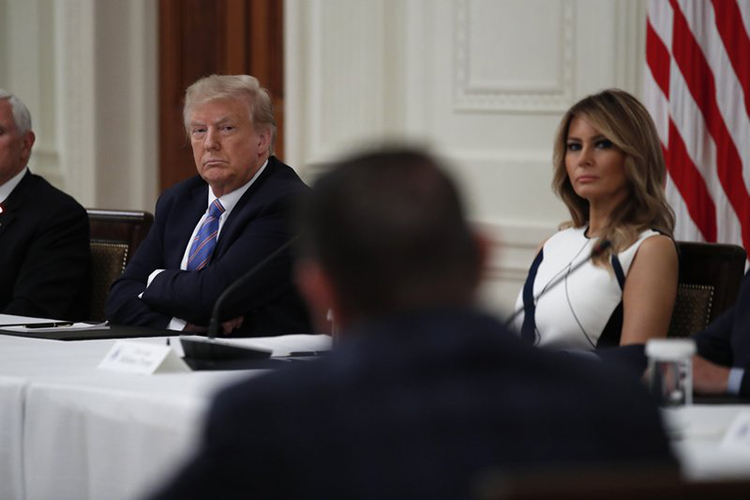The U.S. Supreme Court decided this week that a private company can be exempted on religious grounds from health care reform’s requirement that employer-sponsored health insurance policies cover contraception.
This week is the final week of the court’s term and the Hobby Lobby case is one of two major decisions expected. The other involves union dues.
The Affordable Care Act exempts non-profits, religious organizations and churches from the contraception mandate but not for-profit corporations. Hobby Lobby, which has 500 stores and more than 10,000 employees, filed suit saying the mandate is against the religious beliefs of the company’s Southern Baptist owners, the Greens.
A second case consolidated with the Hobby Lobby petition involved Pennsylvania Mennonite cabinet-maker Conestoga Wood Specialties, owned by the Hahn family.
Hobby Lobby prevailed at the 10th U.S. Circuit Court of Appeals but Conestoga lost its petition in the 3rd Circuit.
Hobby Lobby and Conestoga argued the contraception mandate presents a substantial burden in violation of the 1993 Religious Freedom Restoration Act. The federal government argues it is protecting women’s right to medical care.
The high court could affirm the 10th Circuit decision in which the appellate justices wrote: “We see no reason the Supreme Court would recognize constitutional protection for a corporation’s political expression but not its religious expression,” a reference to the Citizens United decision that opened the way for large corporate donations to political campaigns, MSNBC reported. If the justices accept the 10th Circuit ruling, the question becomes whether large corporations also could demand a religious exemption. The court also could limit such exemptions to companies that display their religiosity.
If the justices accept the 3rd Circuit decision in Conestoga instead, it would mean corporations cannot claim any religious standing. During oral arguments in March, Justice Anthony Kennedy appeared to lean away from that conclusion, saying it might lead to forcing corporations to pay for abortions.
The justices also could decide that even if corporations have religious liberty, the contraception mandate does not impinge on those rights.
A fourth path the justices could follow is declaring the ACA contains no employer mandate since it provides for a fine if companies don’t provide health insurance for their employees, Newsweek reported.
Law Professor Frederick Gedicks of Brigham Young University argues if Hobby Lobby wins the exemption, employees would, in effect, be subsidizing the company’s religious beliefs, violating the Establishment Clause of the U.S. Constitution.





